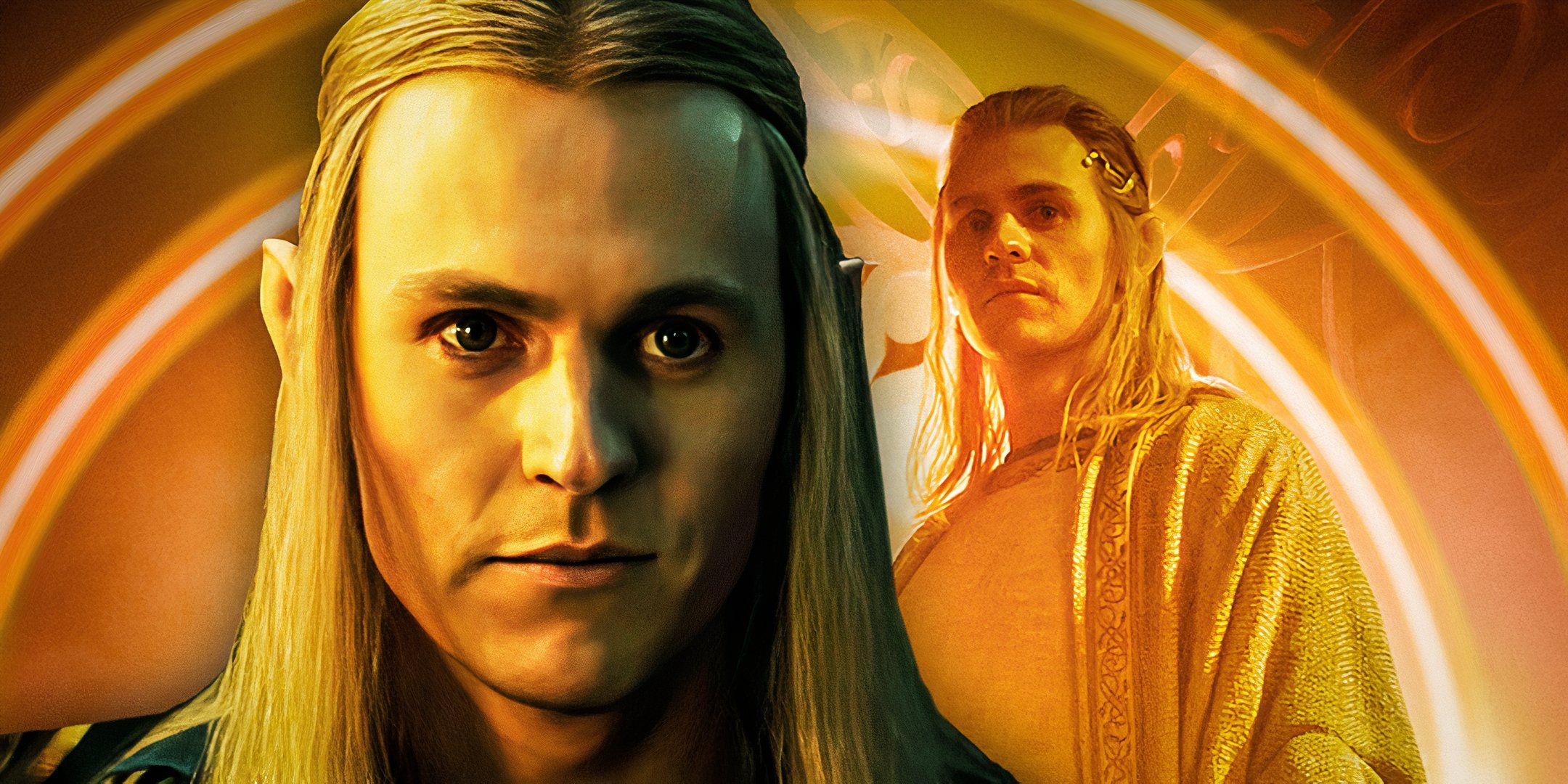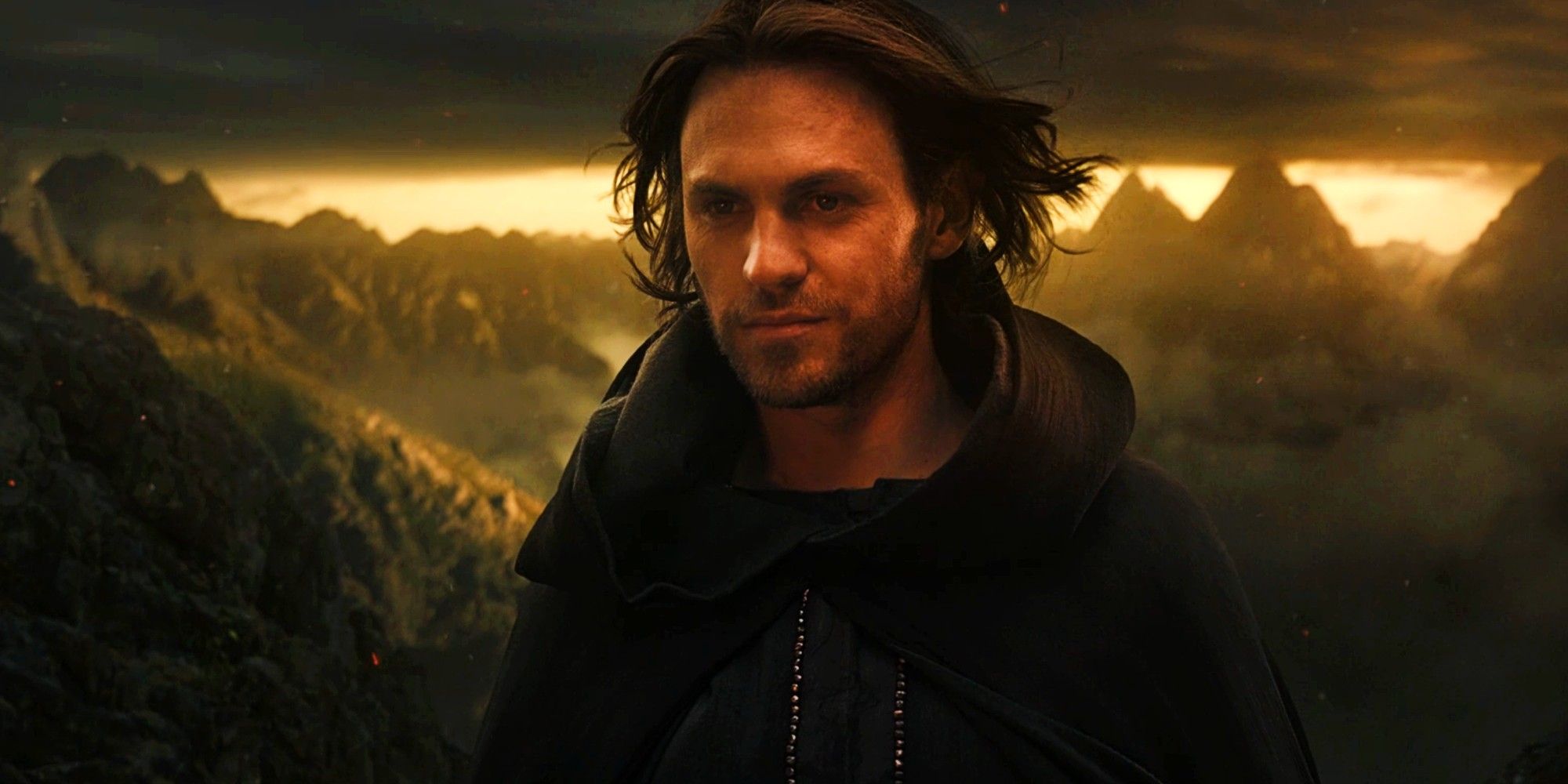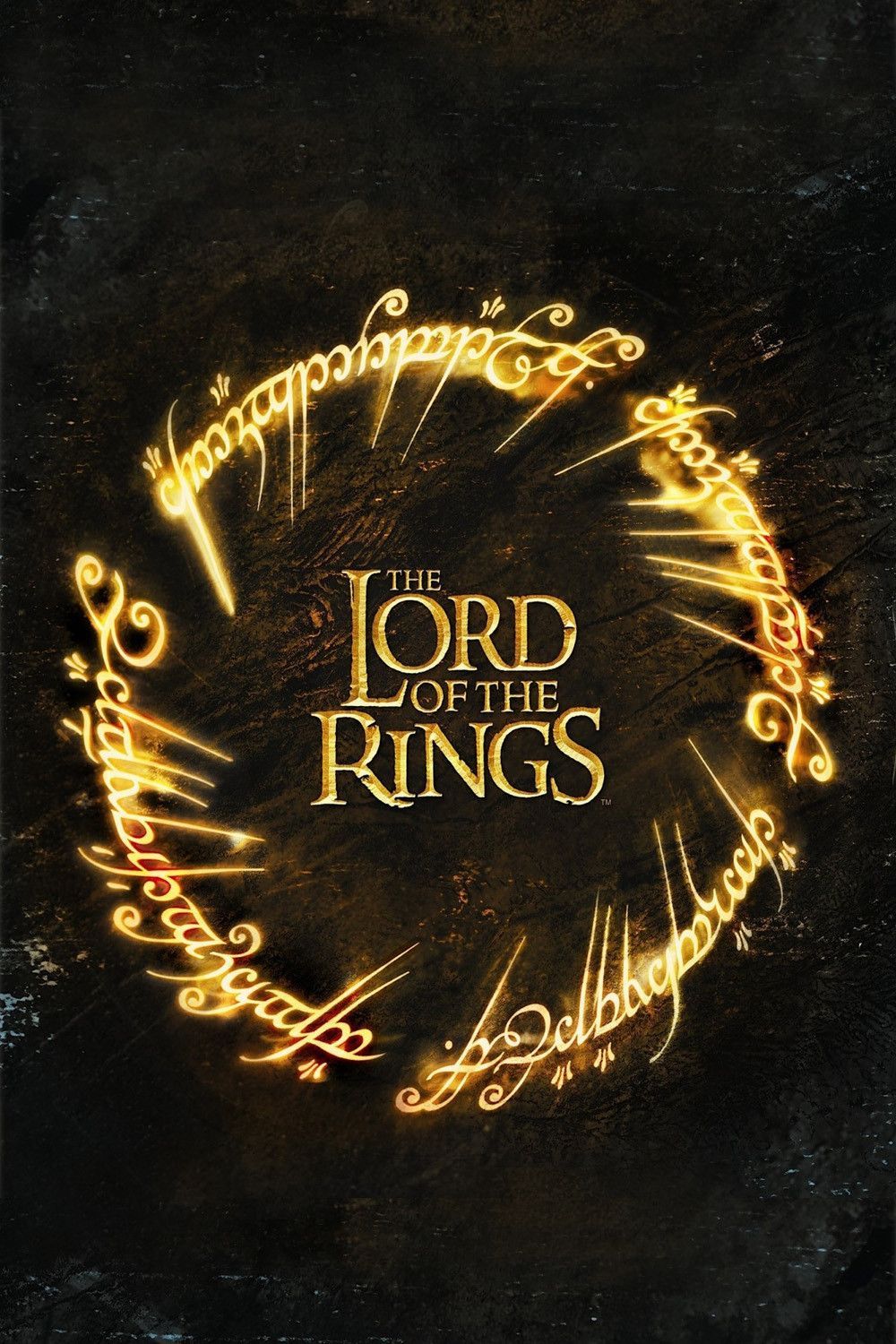The Lord of the Rings gave the world two of its greatest villains in Sauron and Morgoth, but Morgoth was so much worse, as one detail of his history proves. J.R.R. Tolkien introduced Sauron in the 1937 children’s book The Hobbit and expanded on him in his 1954 follow-up novel, The Lord of the Rings. He became famous in the literary world, particularly in the 60s, as a symbol of tyranny and industrialization. However, Morgoth was Lord of the Rings’ original villain, setting Sauron on his dark path and teaching him how to be as evil as he was.
Peter Jackson’s Hobbit and Lord of the Rings movies showed Sauron, not Morgoth, and this is the only exposure that many people have to Lord of the Rings. Sauron is easily one of the greatest villains of English literature, and fantasy in general, as popularized by Jackson’s movies. So, casual fans could be forgiven for thinking of Sauron as the worst villain in the franchise. However, the truth is much more complex, and Morgoth was more powerful than Sauron, in many ways, while they were residing in Arda together.
The Valar Dealing With Morgoth Themselves Proves How Terrible Of A Villain He Was
The Valar Defeated Morgoth In Person
The Valar intervened in Morgoth’s rule directly, demonstrating how hard he was to beat. Lord of the Rings villain Sauron was actually a smaller threat than Morgoth, by and large, even though he was ‘greater’, effectively, in the Second Age than Morgoth at the end of the First,” according to one of Tolkien’s letters. The Valar actually intervened in the events of Middle-earth to stop Morgoth numerous times, until they finally gave up on trying to help Morgoth and thrust him through the Doors of Night into the Void at the end of the First Age.

Sauron’s Powers In The Lord Of The Rings Fully Explained
Sauron’s powers are explored in The Lord of the Rings movies and The Rings of Power, but only Tolkien’s lore provides answers on their true nature.
Morgoth was defeated multiple times in Lord of the Rings before his final resignation to the Void, and the Valar stepped in on most of those occasions. Beren and Lúthien achieved a mini-defeat of Morgoth when they journeyed to Angband to wrestle a Silmaril from his crown. However, Morgoth’s first major defeat came at the hands of Tulkas, who chased him into hiding during the First War. Tulkas became Morgoth’s arch-nemesis, following Morgoth into his own stronghold in the Battle of the Powers to throw him down and chain him. The Valar personally tackling Morgoth suggests how dangerous he was.
The Valar Never Directly Interfere With Sauron In The Lord Of The Rings
The Valar Intervened In Sauron’s Rise To Power Indirectly
The Valar didn’t intervene in Sauron’s affairs as directly as they intervened in Morgoth’s. The Valar were governing Middle-earth under the overarching authority of the One Eru Ilúvatar, who had been putting Morgoth in his place since day one. Naturally, the Valar were obliged to monitor Morgoth and his followers, ensuring they didn’t cause too much death and destruction. But while one of the Valar – Tulkas – was forced to detain Morgoth with his own two hands, none of the Valar ever fought Sauron in person, which may suggest that Sauron was less hazardous.
One of the earliest versions of Sauron, created as J.R.R. Tolkien developed
Lord of the Rings,
was an evil cat called Tevildo.
However, the Valar intervened in Arda less since their first catastrophic clashes with Morgoth. They were reluctant to continue fighting Morgoth before Men awoke, fearing harming them. This became even more pronounced after the War of Wrath. The Host of the Valar were Lord of the Rings’ strongest army and when they confronted Morgoth in the War of Wrath, they sunk Beleriand. But the Valar still fought threats to Middle-earth, including Sauron. They even asked Eru to sink Númenor when Sauron became dangerously powerful there, confirming that he was a threat worth tackling, but not one worth tackling directly.
Why Morgoth Requires A Greater Level Of Intervention Than Sauron In LOTR
Morgoth Had More Innate Power Than Sauron
Lord of the Rings’ 15 Valar intervened with Morgoth’s wickedness more than they intervened with Sauron’s, partly due to Morgoth’s outrageously powerful magic. Despite the Valar’s increasing withdrawal from close management of the goings-on in Arda, their application of direct force to Morgoth does reflect the huge threat he posed. Morgoth had originally been one of the 15 Valar before he fell from grace and his name was scrubbed from their books. Sauron was the same species as the Valar but a Maia, the order below them in rank and strength.
Under Middle-earth’s God, Eru Ilúvatar, only Manwë and Morgoth were so powerful.
Morgoth, in fact, was the brother of Lord of the Rings’ Manwë, Vala of the wind and the King of the Valar. Morgoth had shown an interest in Manwë’s wife, Varda, long before the events of The Lord of the Rings, making Morgoth’s defeat particularly personal for the Valar and for their king, in particular. Morgoth carried some of the power that every other individual Vala had, making him especially formidable. Under Middle-earth’s God, Eru Ilúvatar, only Manwë and Morgoth were so powerful. It is little wonder that Tulkas had to lend a hand to ensure Morgoth’s imprisonment.
Tolkien referred to Morgoth as greater than Sauron in size.
In Morgoth’s Ring, Tolkien discussed how evil deeds bind Ainur to their bodies. The Valar, along with Lord of the Rings’ Istari, were Ainur, although the Istari were all Maiar like Sauron. Morgoth and Sauron both carried out dark magic to split their souls, Morgoth pouring his essence into the fabric of nature and Sauron pouring his into the Ring. This was so binding that Sauron couldn’t reform a body after he was destroyed in The Lord of the Rings. Tolkien referred to Morgoth as greater than Sauron in size, commenting that Morgoth may have recovered where Sauron could not.







